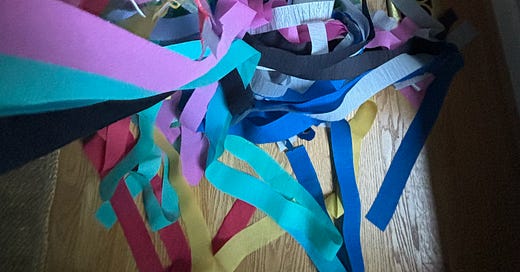At the end of a long year, I’d like to bring some personal matters forward.
A personal state of the union
I spent a week at a seminar on leadership and “good society” at the Aspen Institute in October. It was the kind of chance that doesn’t come often, if ever — to sit somewhere beautiful and think with other people who don’t necessarily think like you do. The cohort discussed American history and ideas like the social contract f…
Keep reading with a 7-day free trial
Subscribe to Bitter Scroll to keep reading this post and get 7 days of free access to the full post archives.




